Semiconductor Industry Association (SIA) submitted comments to the Office of the United States Trade Representative (USTR) on December 1, urging the removal of the section 301 tariffs related to semiconductors, which are exacerbating continued chip shortages and slowing the U.S. economy.
SIA explained in the submission that the section 301 tariffs imposed on semiconductors and related products are causing the current global chip shortage, causing price increases, and exacerbating the damage to American consumers and manufacturers who purchase and manufacture automobiles, electrical appliances, medical equipment, and other American industrial and technological products.
SIA stated that the tariffs imposed on semiconductors and related products are actually a destructive tax on American chip manufacturers and consumers, and have brought unnecessary burdens to the American economy. In addition, tariffs have weakened the semiconductor industry’s efforts to continue to increase production capacity to meet the soaring semiconductor demand.
Semiconductors are the cornerstone of the modern economy, powering all digital products, from smartphones and cars to supercomputers and medical equipment. American chip companies account for nearly half of the global market.
Due to the Covid-19 pandemic, the general shortage of semiconductors at the end of 2020 continues to pose major challenges to the semiconductor industry and strain the resilience of the global semiconductor ecosystem. The 301 tariff exacerbated supply chain disruptions. The most direct impact is that the additional tariffs imposed by the United States have increased the cost of covered semiconductors by 25%, which has subsequently exacerbated the inflationary price increases already caused by global shortages and rising demand. This has exacerbated the current global shortage, further disrupted the supply chain of US semiconductor customers, and exacerbated the damaging effects of the shortage in the United States. These shortages have also caused factory shutdowns and affected salaries in the form of reduced wages and working hours.
SIA believes that the current tariffs imposed on semiconductors and their supply chains disproportionately harm the US semiconductor industry and the wider US interests, but they have little impact on China.
In fact, most of the chips imported from China are processed in assembly, testing, and packaging factories owned and operated by American semiconductor companies. Assembly, testing and packaging are the lowest value-added stages in chip production, and most of these semiconductors are mature and more basic technologies, but they are still widely used in certain industrial application scenarios, such as automobiles. Therefore, imposing a 25% tariff on US semiconductors and related products imported from China is causing economic damage to US manufacturers and innovators, and it is difficult to cause too much impact on China.

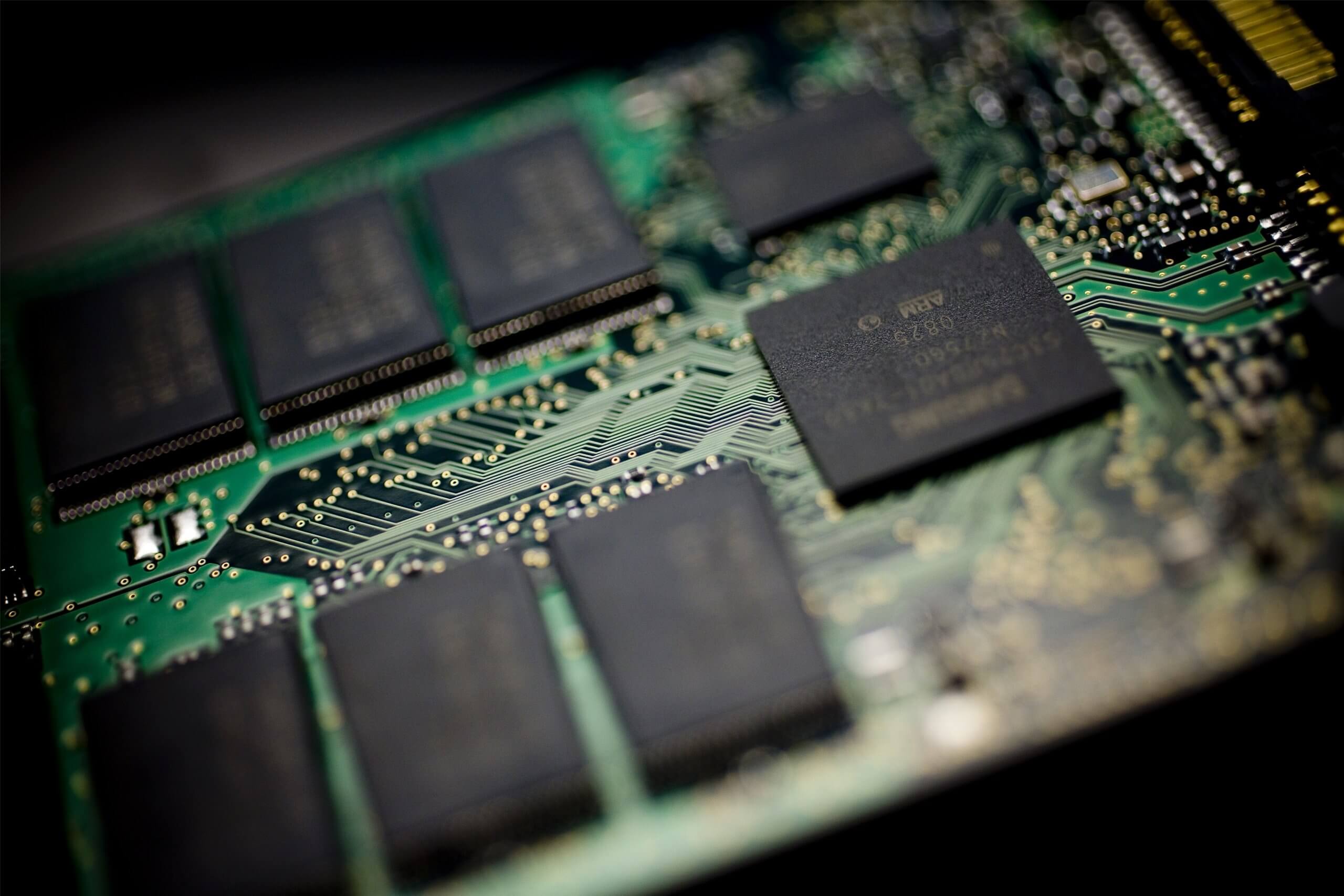






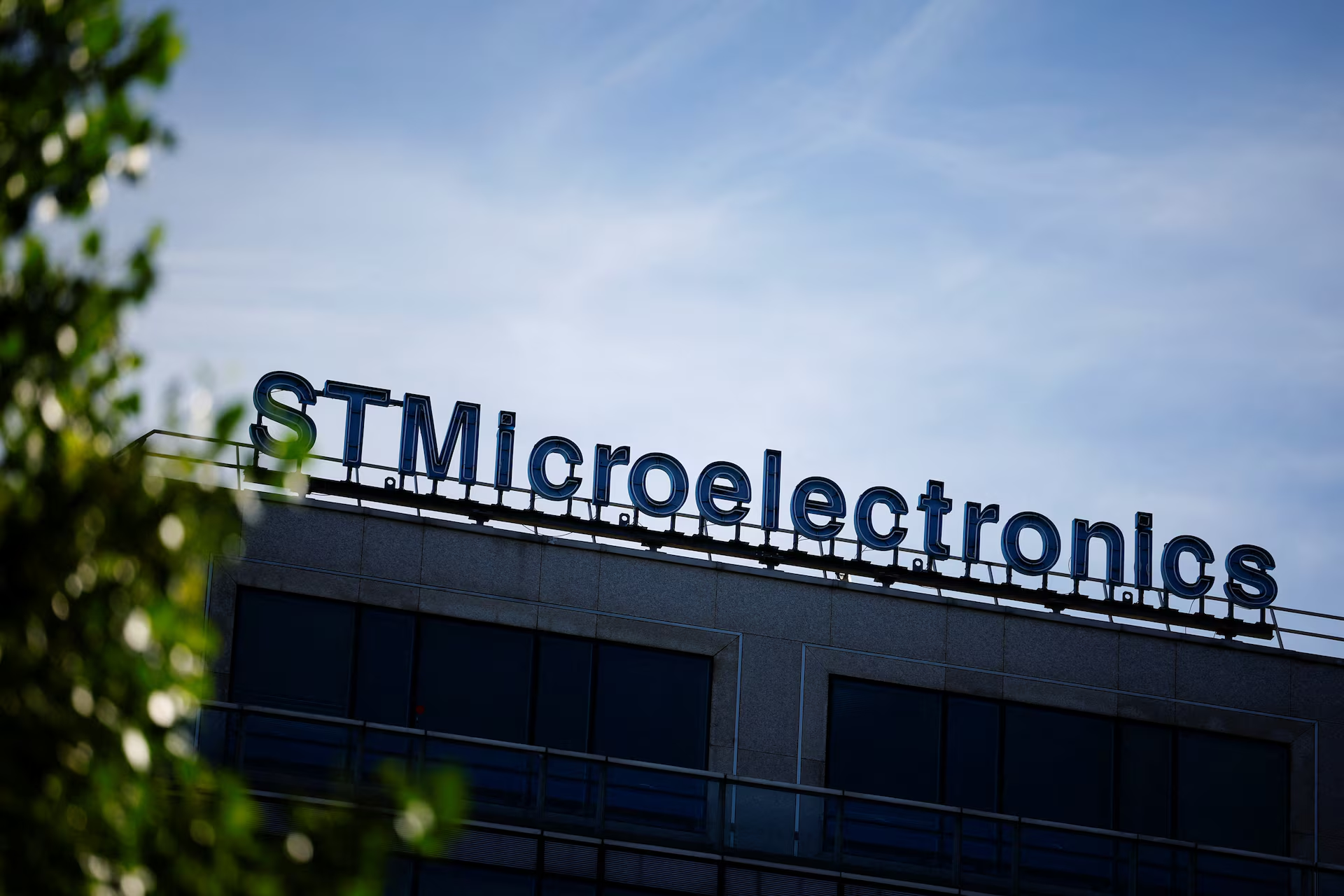
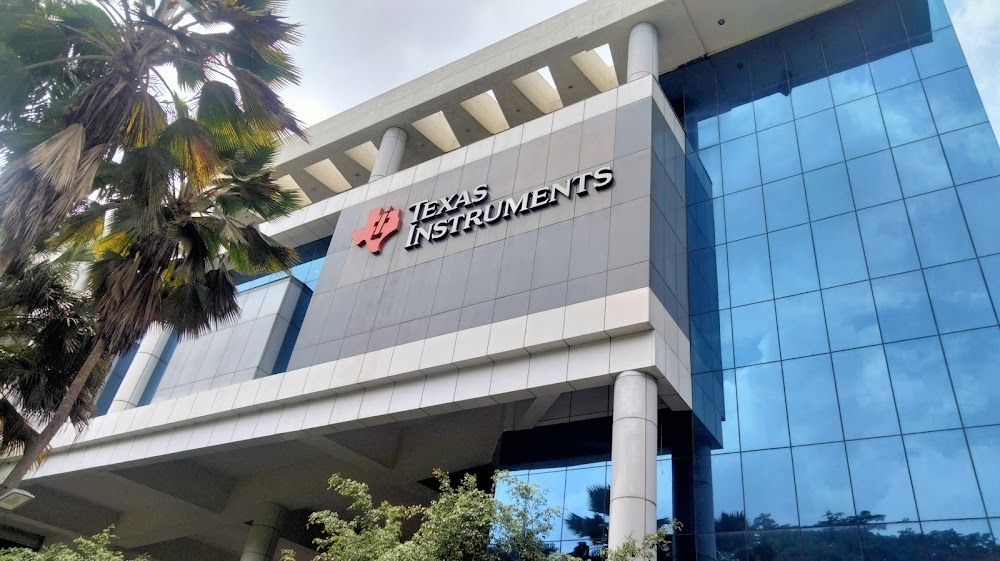
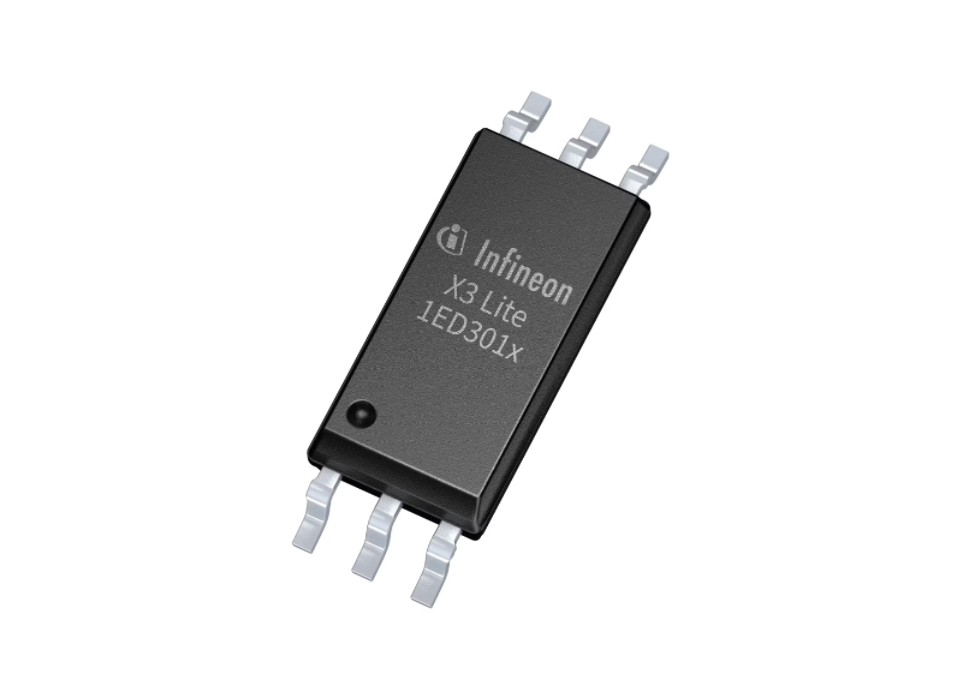
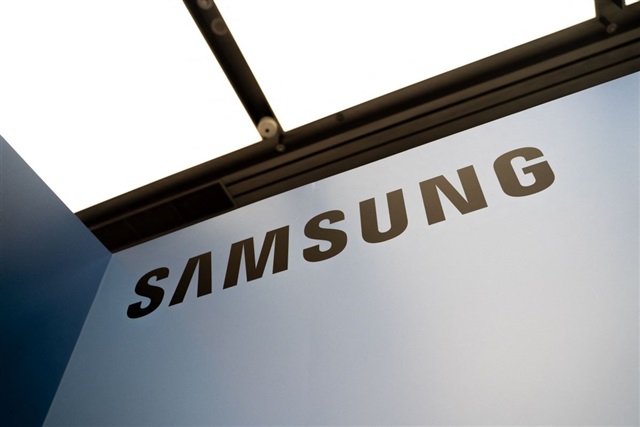
All Comments (0)